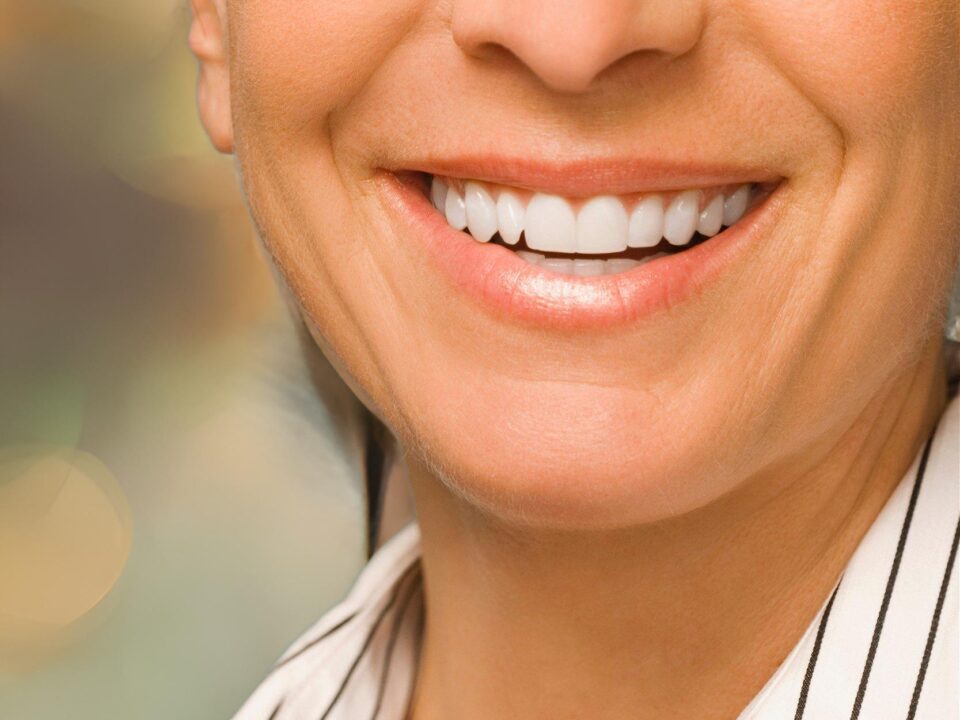Why Should You See The Hygienist?
July 21, 2016The Dangers of Amalgam Fillings
November 10, 2016One question we get asked frequently at Serenity Dental is ‘Which toothbrush should I buy?’ There is certainly a lot of choice on the market, and sometimes trying to work out the advantages of one brush over another can be next to impossible.
SA dental hygienist will be able to advise you on the ‘right’ brush to pick once they’ve looked at the shape of your mouth and listened to your needs, but until that appointment here are a few handy tips from one of our dental hygienists, Lyndsay White.
More Dexterity Means a Deeper Clean
It’s best to choose a smaller toothbrush, as you’ll be able to use it with more dexterity and brush more effectively. This is particularly true if you have a smaller mouth – we sometimes find our patients are using toothbrushes which are too big for their mouths, and this really affects the quality of their brushing. If you are unsure if your current toothbrush is too big, consult your hygienist and see what they say.
Don’t forget, you should be replacing your toothbrush every eight to twelve weeks (or whenever the bristles of the brush have become splayed, whichever is sooner). After this point, the brush is no longer effective at clearing food debris from your teeth, as it won’t brush up to the gum or between the gaps in your teeth and will be full of bacteria also. If you choose an electric toothbrush, make sure you are able to replace the bristle heads.
How to Brush
To avoid having to replace your brush too frequently (not to mention avoid damaging your teeth and gums), brush gently and slowly as opposed to forcefully and quickly.
Brushing energetically can feel like you’re giving your teeth a more thorough clean, but you can actually miss lots of areas, and you’ll wear your brush out far more quickly. Take it slowly and gently and you’ll end up with a cleaner mouth.
In you want to improve your technique, we offer toothbrushing education sessions with one of our nurses. Please ask at reception for details.
Manual or Electric?
The manual toothbrush vs electric toothbrush question comes up quite a lot at Serenity. If we’re talking purely about dental hygiene, electric brushes are definitely the way to go.
They’re not only more effective because of their motorised function, but also because they’re smaller (and as mentioned earlier, a smaller brush often equals cleaner teeth).
In addition, many electric brushes also feature a timer which helps to ensure you’re brushing for long enough, and some also let you know if you’re brushing too hard with an audible click.
Obviously, the price tag of an electric brush is considerably larger than a manual brush, and it may be more economical to go for the latter instead. Having said that, if you’re someone who often forgets to clean their teeth, you might find you use your brush more often if you’ve paid a little more money for it. And make sure you can replace the brush heads.
(We’ve also noticed that our male patients tend to brush more often if they have an electric brush – maybe it’s something to do with their affinity for gadgets!)
.Another thing to consider with an electric brush is how it will be powered – either it’ll need batteries which you’ll have to pay for, a two-pin socket on your bathroom wall, or a safe and convenient space outside the bathroom where it can be plugged in (potentially with a two-pin adapter to bridge the gap between your brush’s charger and the plug socket). Be sure to check the technical specs of your brush and bathroom before you buy it.
Choose an Affordable Brush
If you do go down the manual route, you can actually get a really good brush for in inexpensive amount. I often recommend a Sensodyne 3.5, an Oral B 30 or a TePe Molar brush, but there’s no particular brand which stands out as ‘the best’ – it’s more about which brush is the best match for you.
If you do go down the manual route, you can actually get a really good brush for in inexpensive amount. I often recommend a Sensodyne 3.5, an Oral B 30 or a TePe Molar brush, but there’s no particular brand which stands out as ‘the best’ – it’s more about which brush is the best match for you.
Watch out at the supermarket – you can end up paying £6 for a toothbrush which is really no better than some of the ‘budget’ options, if in doubt just consult your hygienist to help you choose the right brush for you.
What To Do with Old Brushes?
As you might expect, a lot of people don’t replace their brushes nearly as often as they should. There’s a multitude of reasons for this, but it seems one of them is simply the reluctance to throw out the old brush. It’s true that a lot of old brushes simply end up in landfills, which obviously isn’t great for the environment.
Thankfully, there are a few ways that you can lessen the environmental impact of your brushing routine without compromising your dental health. Like electric toothbrushes, some manual toothbrushes also feature replaceable heads – so rather than disposing of a whole toothbrush each time you replace, you can just throw away the old head.
Speaking of electric toothbrushes, keep in mind that an electric brush will last much longer than several manual brushes put together, and when it comes to the end of its life it can be recycled at a Waste Electrical and Electronic Equipment (aka WEEE) facility.
There’s also a variety of eco-friendly brushes on the market, such as plastic brushes recycled from yoghurt pots and even wooden brushes which can be composted. The trouble with these is that they can be more expensive, but it’s still an option to consider if you’re environmentally-inclined.
Lastly, old plastic brushes can be reused! They’re great for cleaning dentures, as well as cleaning awkward spots around the house (although I wouldn’t recommend using the same brush for both jobs!).
By Lyndsay White. Dental Hygienist at Serenity Dental


